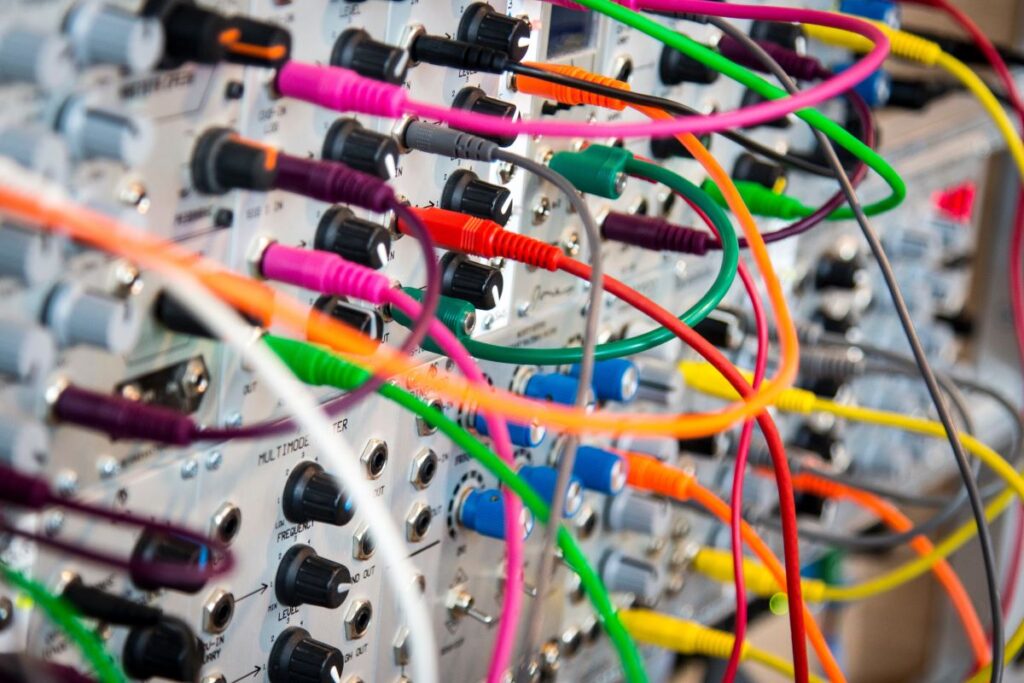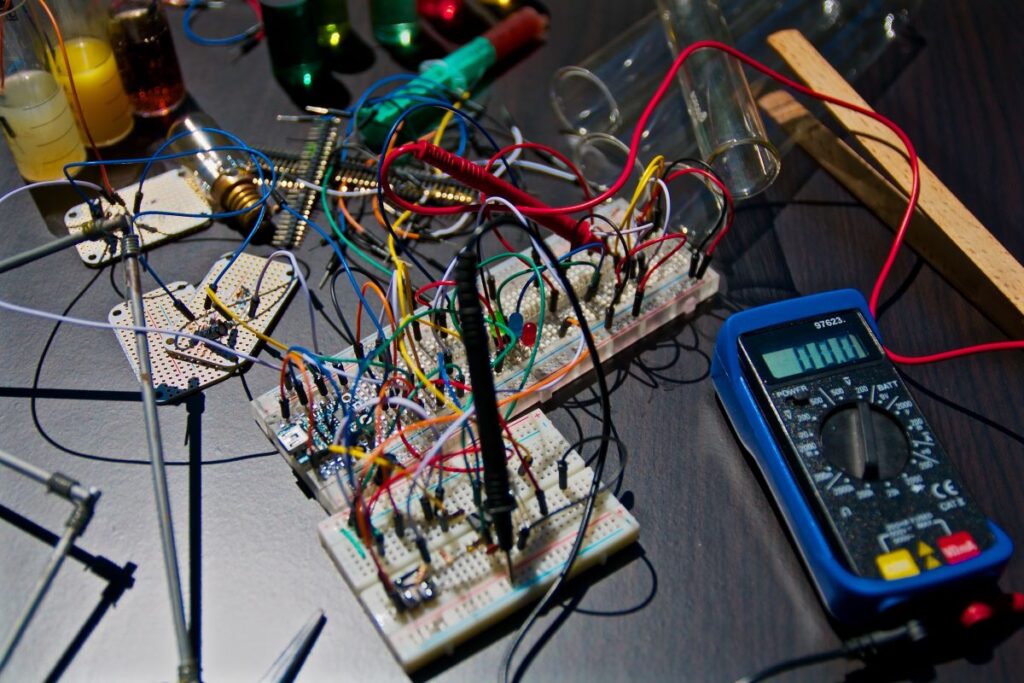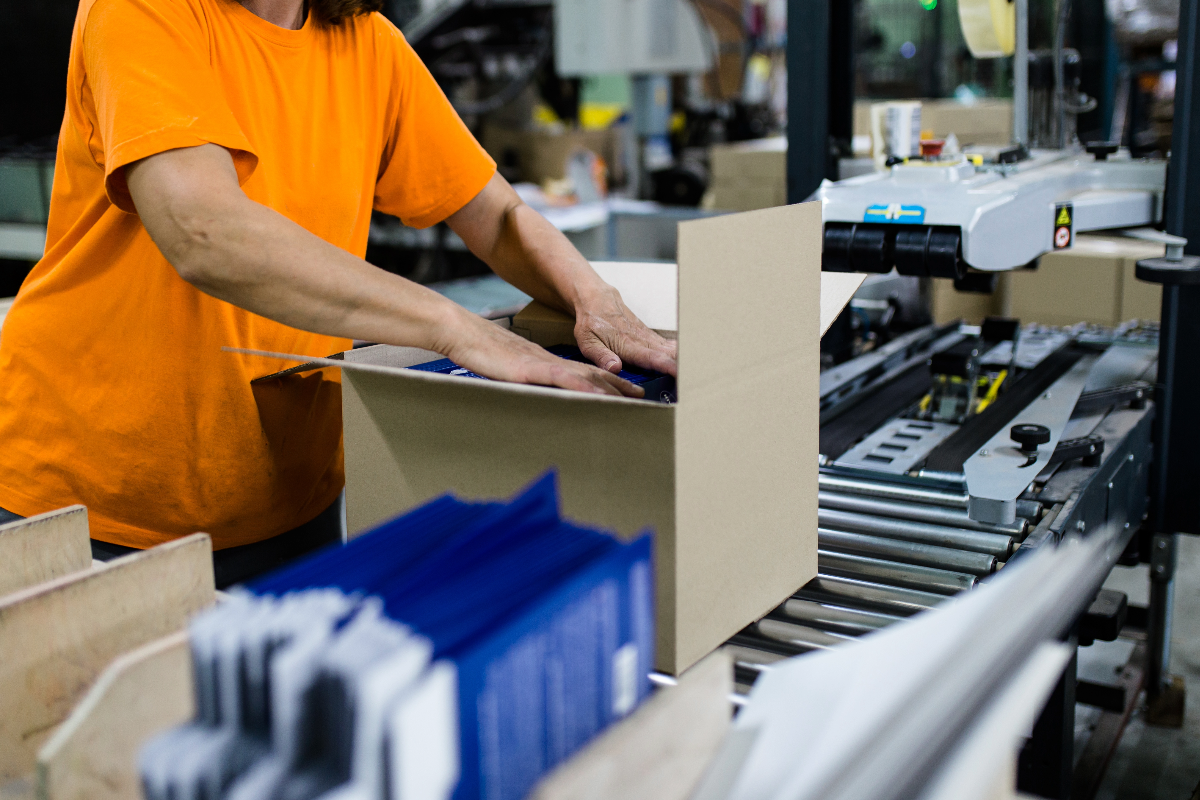BLOG
What is WEEE waste and how can you recycle it?

With the rise of technology, electrical items are rapidly increasing and ever changing. Every year, an estimated two million tonnes of waste electrical goods are discarded by households and companies in the UK. To make sure that all this waste is disposed of correctly, there are WEEE legislations in place. But what are these regulations and what do they mean for you?
What is covered by WEEE legislation?
Waste Electrical and Electronic Equipment (WEEE) legislation covers a lot of the technology used in modern working. Anything that is powered either by a battery or mains usually falls under the umbrella of WEEE. The regulations have ten broad categories of WEEE that are covered by legislation:
- Large household appliances – This includes items such as fridges, microwaves, or washing machines.
- Small household appliances – For example, irons, toasters, or clocks.
- IT and telecommunications equipment – This includes telephones, personal computers, or copying equipment.
- Consumer equipment – For example, radios, televisions, and musical instruments
- Lighting equipment – This includes straight and compact fluorescent tubes and high intensity discharge lamps. This doesn’t include filament bulbs unless they are LED.
- Electrical and electronic tools – For example, drills, sewing machines, and electronic lawnmowers.
- Toys, leisure, and sports equipment – This could be games consoles, running machines, or electric trains.
- Medical devices – This covers items such as dialysis machines, medical freezers, or cardiology equipment. However, there are exceptions for implantable medical devices or ones that or infective at the end of their life cycle.
- Monitoring and control equipment – For example, smoke detectors or heating regulators.
- Automatic dispensers – This covers items such as hot drinks dispensers or money dispensers.
However, there are some exceptions. Products for military use and systems built within other systems, such as built in SatNavs in cars, are not included under the legislation. This is also the case for larger industrial tools or large fixed installations.
What is the WEEE legislation?
The Waste Electronic Equipment Regulations 2013 provide guidance to producers and distributors on how they should manage WEEE and the rules on disposing this type of waste. The regulations ensure that people who produce and sell electrical goods are responsible for what happens to them once they’ve reached the end of their lifecycle.


What are your obligations?
Producers
Producers are stated within the legislation as people who:
- Manufacture and sell EEE under their own brand in the UK,
- Buy and make changes to EEE to rebrand and sell in the UK,
- Import EEE on a commercial basis into the UK,
- Supply EEE to the UK through distance selling as they are established outside of the UK.
The obligation depends on how much electrical goods they have placed on the UK market in the previous calendar (compliance) year. If they’ve produced more than five tonnes of electrical goods, they must join the product compliance scheme (PCS). If they’ve produced less than five tonnes, they can register directly with their environmental regulator.
Distributors
Distributors are described as anyone who is distributing EEE to people within the UK. Your obligations as a distributor are to ensure that everyone buying electrical goods has a way to recycle them properly. Distributors can run schemes that offer free take backs or accept WEEE for free from customers. They must also keep a record of how much WEEE they take back for the last four years and provide customers with written information on their services and how they can recycle their waste electric goods.
Why is recycling waste electrical goods important?
It is your legal responsibility to ensure that your business’ electrical waste is disposed of correctly. If WEEE is not disposed of correctly, it can have damaging effects on the environment. Some of the items covered by WEEE legislation, such as computers or lighting, can contain hazardous materials. These materials are extremely dangerous if they end up in landfills. They could soak into the landfill soils or pollute water supplies near the landfill sites. This could end up infecting the food chain and lead to harmful toxins entering our bodies.
A lot of these items may also have confidential data on them, such as computers of printers. Therefore, it is important to ensure that these items are disposed of in a secure way. Data shredding is a good way to give you the peace of mind that your confidential data has been disposed of correctly and securely.
How can you recycle WEEE?
You have a responsibility to make sure that the waste you’re producing is disposed of properly. If your electrical waste contains waste lamps or bulbs, then you’ll need a container, so they are transported safely for disposal. The best way to remove your waste electrical goods is to arrange for a licenced waste carrier to come and collect your items. Once we’ve collected your waste electrical goods, they’ll be sent to an Authorised Treatment Facility (ATF) where they will then be disposed of following all the relevant guidelines and legislation.
Contact us
Need help recycling your business’ waste electrical goods? Flame UK offers a full WEEE collection and recycling service across the UK. Get in touch today to find out more.




